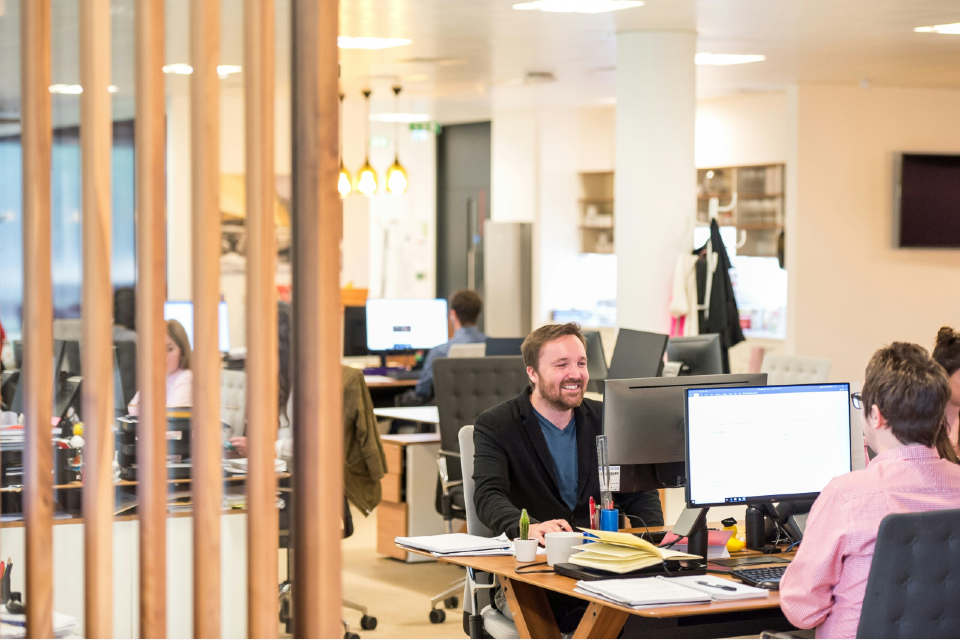For anti-fraud professionals, the fight against unauthorised access is a constant battle. While passwords have long been the first line of defence, cybercriminals are becoming increasingly adept at cracking them. This is where Multi-Factor Authentication (MFA) steps in as a powerful tool, adding an extra layer of security and significantly reducing the risk of fraud across both private and public sectors. Let’s explore how anti-fraud professionals can deploy and leverage MFA solutions to create a more secure environment…
Private Sector Applications
- Financial Services: Banks and other financial institutions can utilise MFA to protect customer accounts. This could involve a combination of passwords, one-time codes sent via SMS or authenticator apps, and fingerprint or facial recognition for high-value transactions.
- Ecommerce and Online Retail: MFA can be implemented during online checkout processes, requiring customers to enter a code sent to their phone in addition to their password. This adds an extra layer of security and deters fraudulent purchases.
- Remote Access and Cloud Security: MFA can be used to secure access to company servers and cloud-based applications. This is particularly important for businesses with remote workforces, ensuring only authorised personnel can access sensitive data.
Public Sector Applications
- Government Agencies: MFA can protect access to government databases and e-services, safeguarding sensitive citizen information from unauthorised access. This is crucial for protecting national security and preventing data breaches.
- Healthcare Providers: MFA can safeguard access to patient medical records. Doctors and authorised personnel would need to use a combination of factors, such as passwords and security tokens, to access patient data, ensuring confidentiality and compliance with data protection regulations.
- Local Authorities: MFA can be implemented for council employees accessing online council tax systems or other sensitive databases, reducing the risk of fraudulent activity and protecting public funds.
Beyond the Basics: Advanced MFA Features
Modern MFA solutions offer a range of features to enhance security:
- Adaptive Authentication: Risk-based authentication that adjusts the required factors based on the situation. For example, high-risk login attempts from a new device might require additional verification steps, while low-risk logins from a trusted device might only require a password.
- Biometric Authentication: Fingerprint scanners, facial recognition, and iris scans can be used as additional authentication factors, offering a high level of security.
- Geolocation Verification: MFA systems can verify a user’s location when logging in, potentially alerting them to suspicious login attempts originating from a different country.
The Future of Multi-Factor Authentication
The future of MFA holds exciting possibilities for enhanced security:
- Integration with Artificial Intelligence (AI): AI can be used to analyse user behaviour and identify anomalous login attempts, triggering additional verification measures if necessary.
- The Rise of Passwordless Authentication: Biometric authentication and secure token-based systems might eventually replace traditional passwords altogether, offering a more convenient and secure user experience.
- Focus on User Education: Continuous user education on best practices for creating strong passwords and understanding MFA protocols will remain a crucial aspect of anti-fraud efforts.
Building a Robust Defence
MFA solutions are an essential tool for anti-fraud professionals in both private and public sectors. By deploying MFA and leveraging its advanced features, organisations can significantly reduce the risk of unauthorised access, data breaches, and financial losses. As technology evolves, so too will MFA solutions, offering ever-more sophisticated protection against evolving cyber threats. Remember, in today’s interconnected world, robust security is paramount. MFA is a critical line of defence in the fight against fraud, helping to create a more secure digital environment for everyone.
Are you searching for Multi-factor Authentication solutions for your organisation? The Fraud Prevention Summit can help!
Photo by Onur Binay on Unsplash







